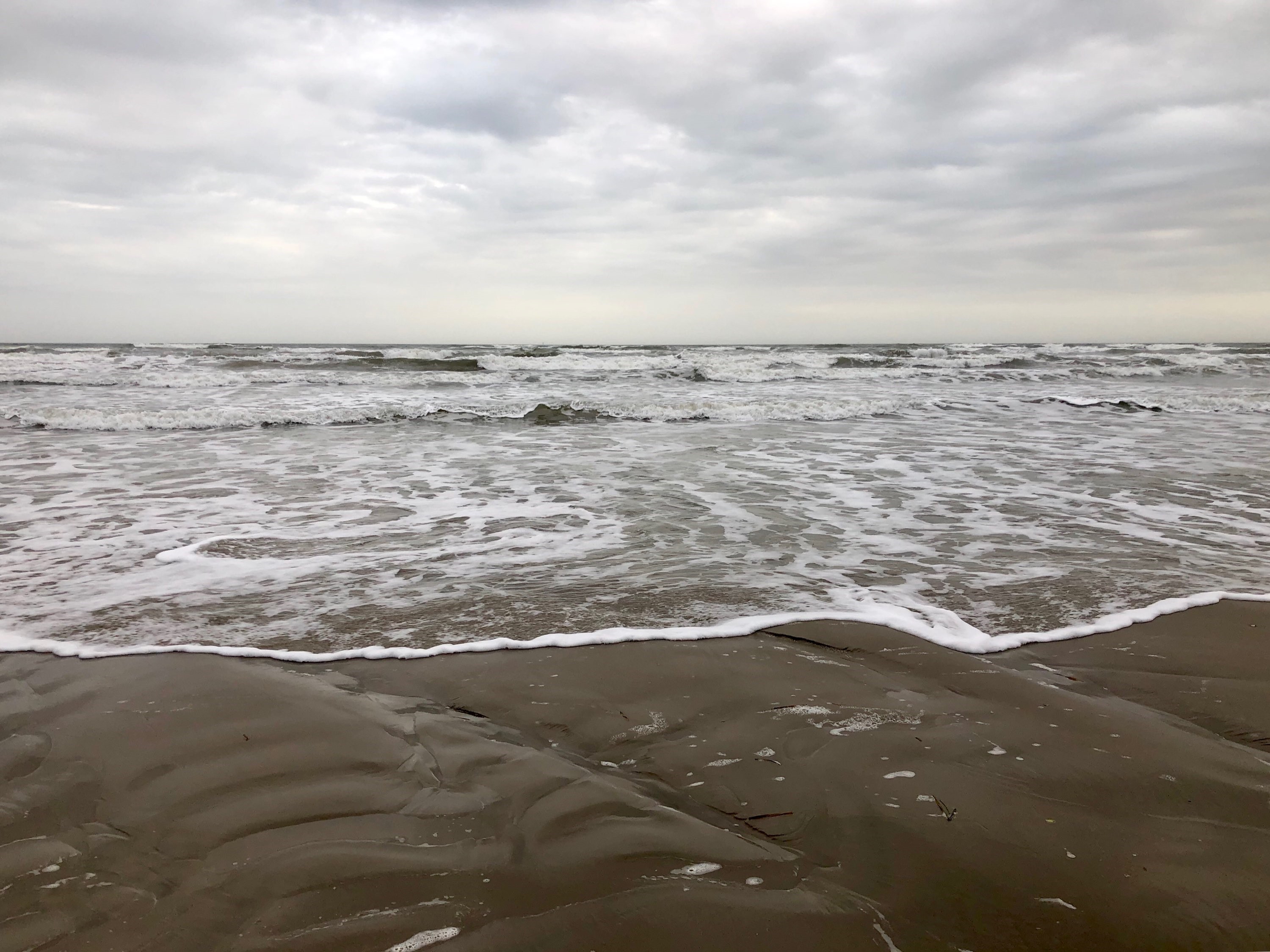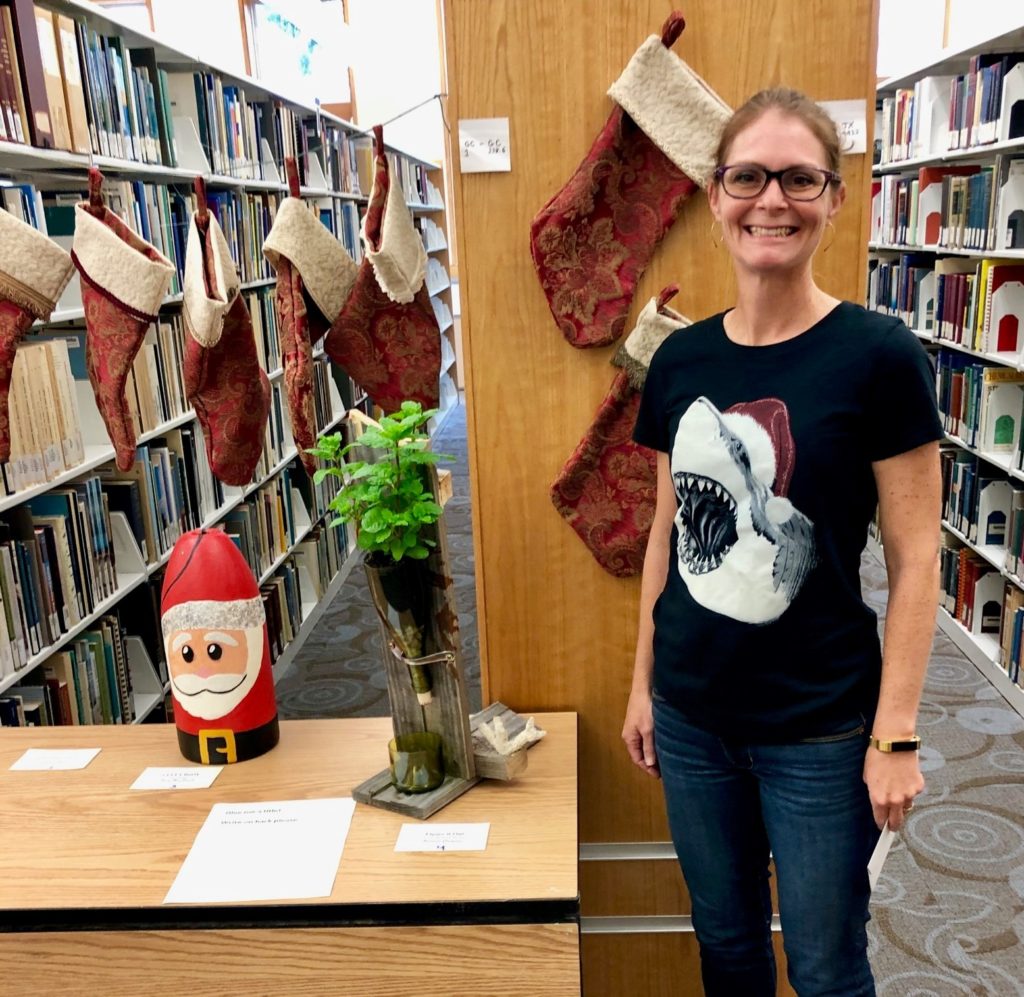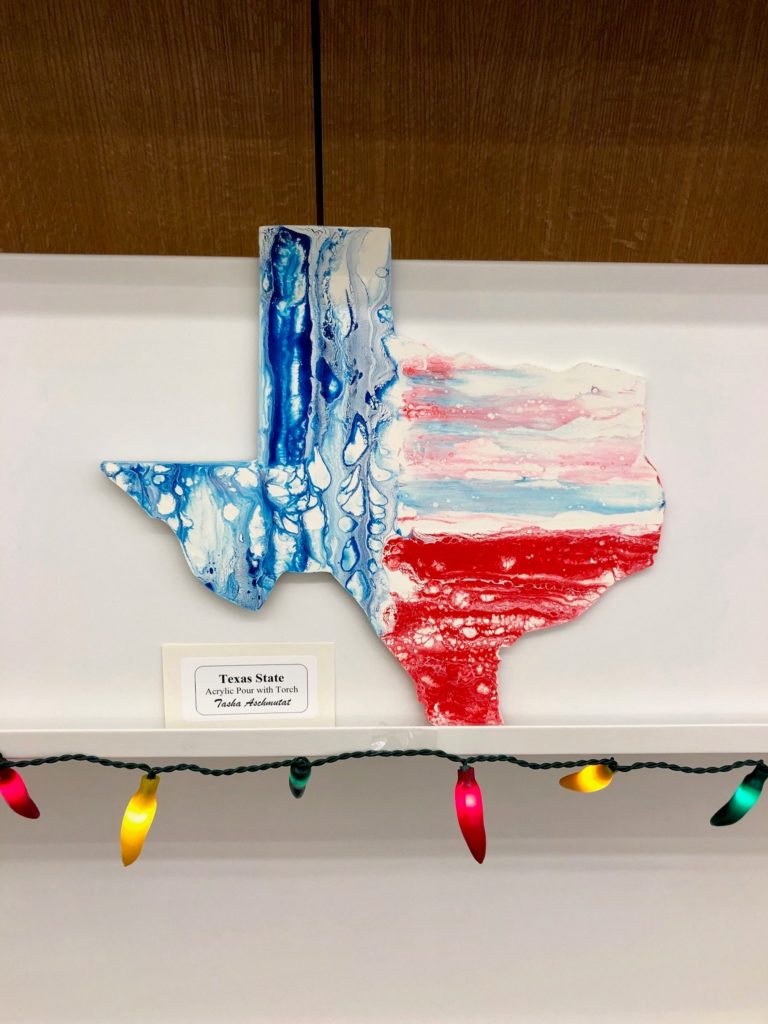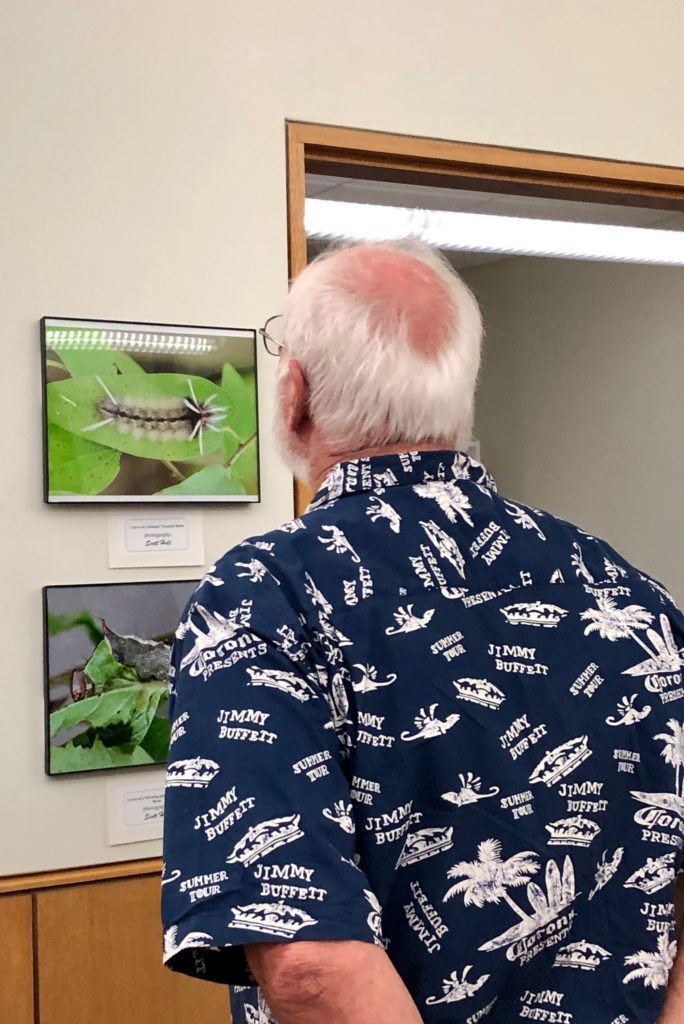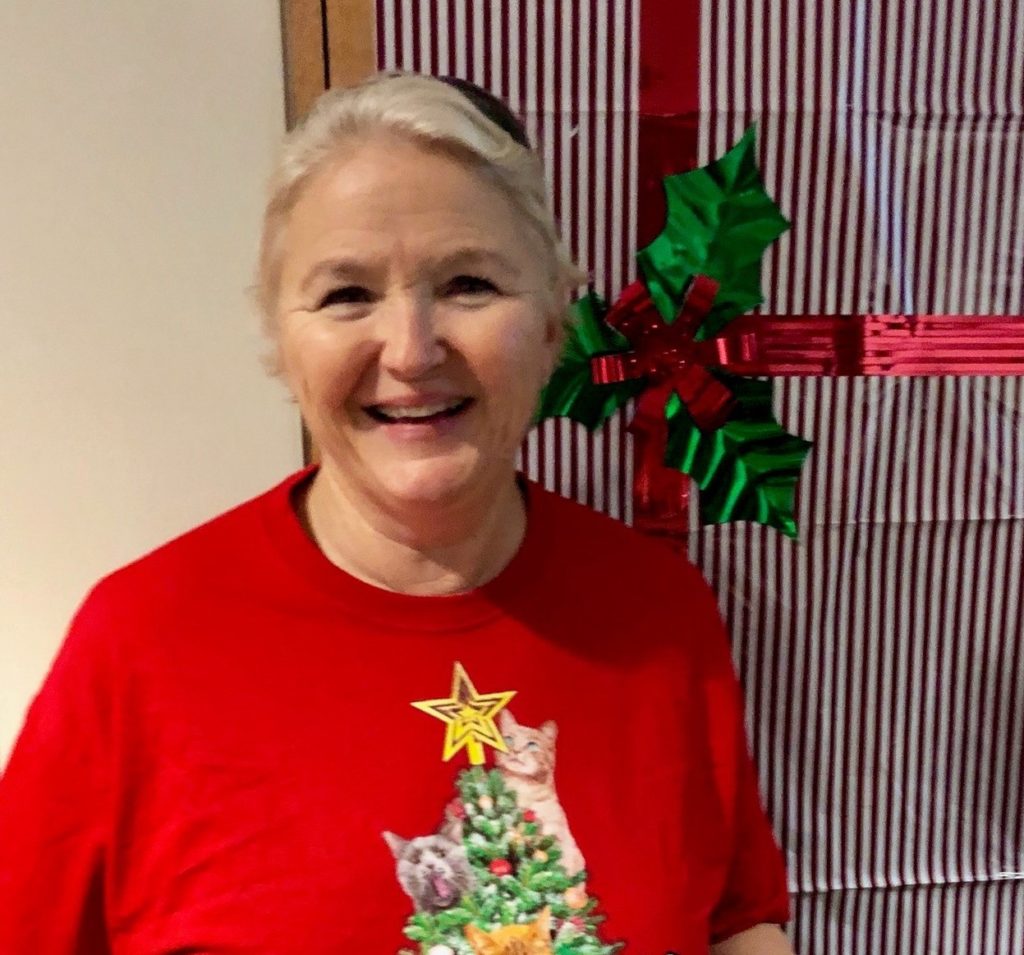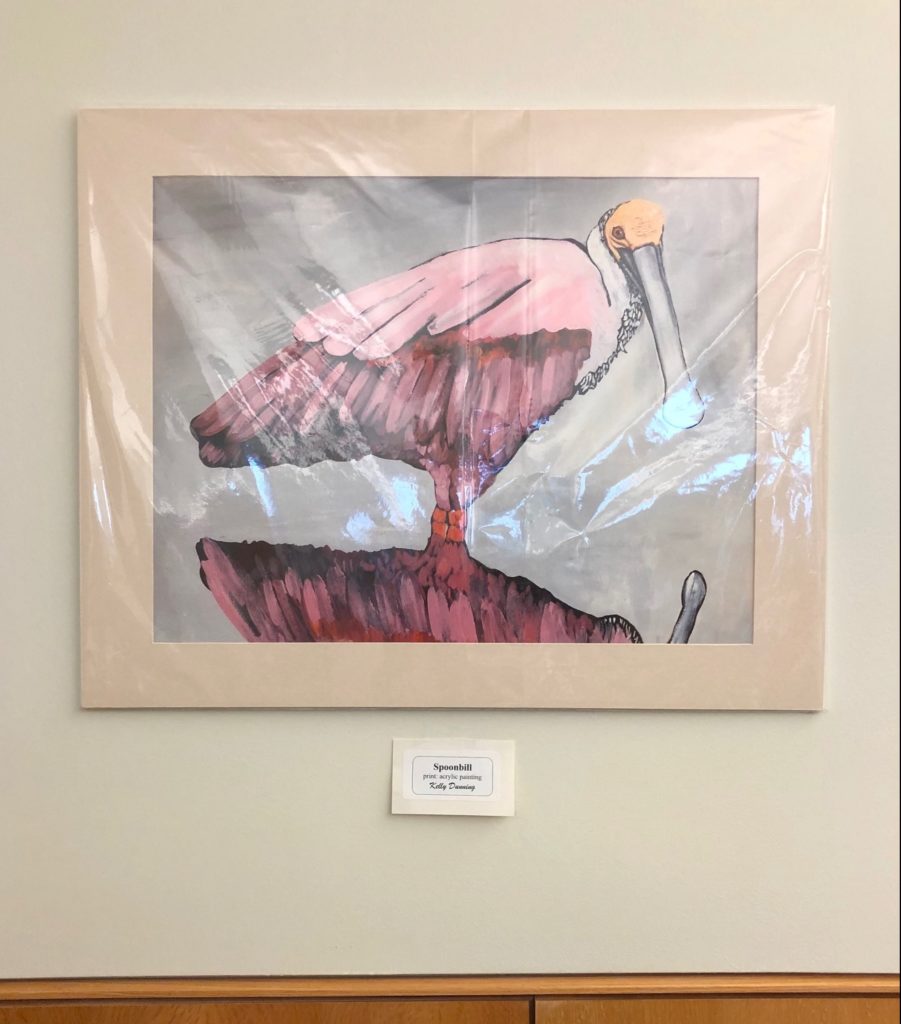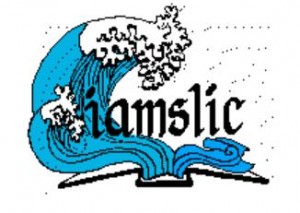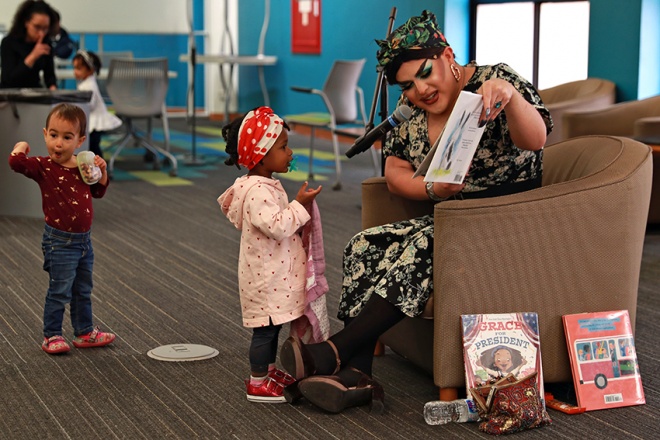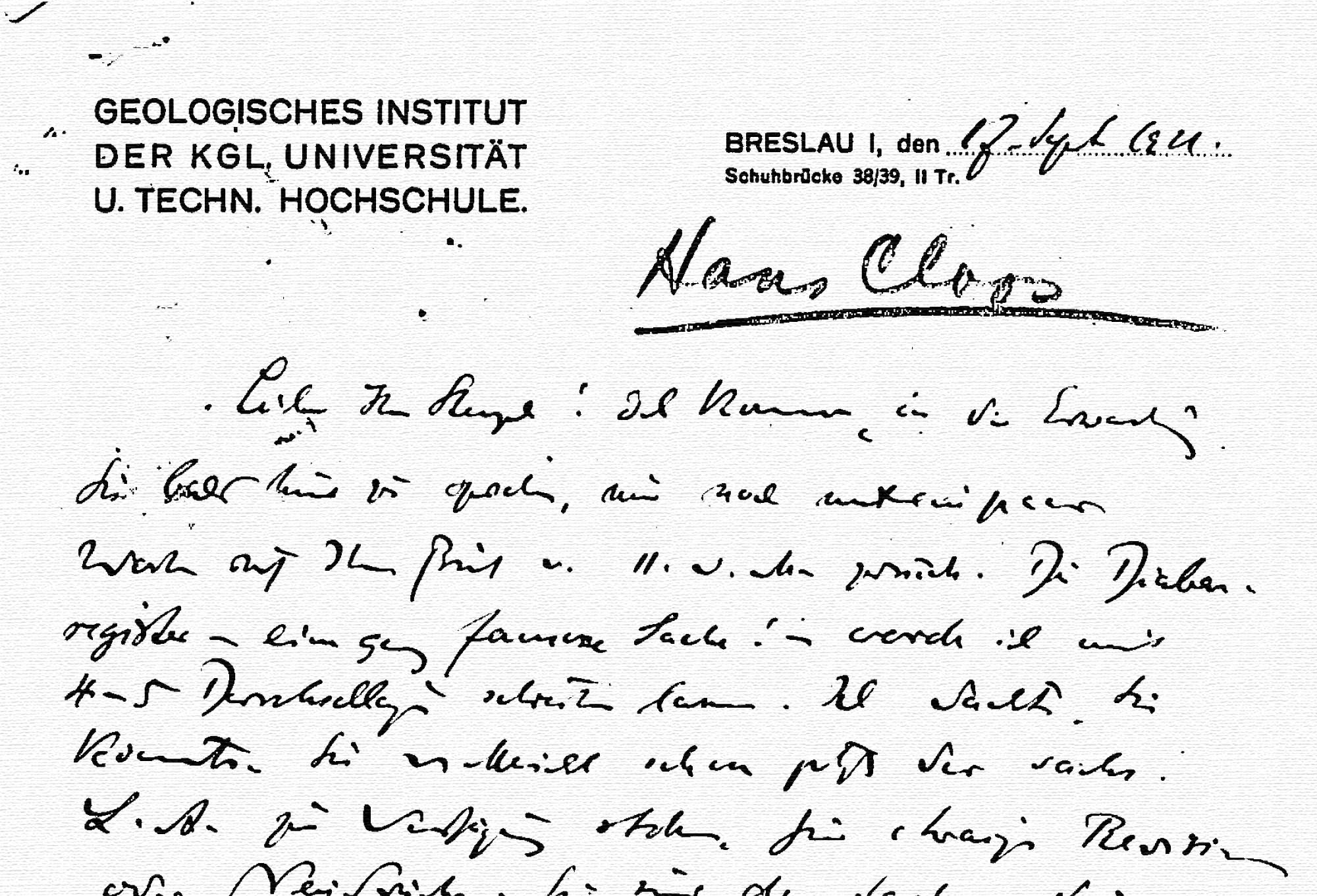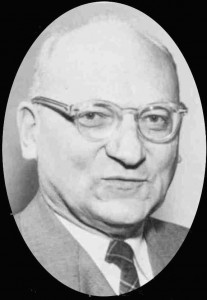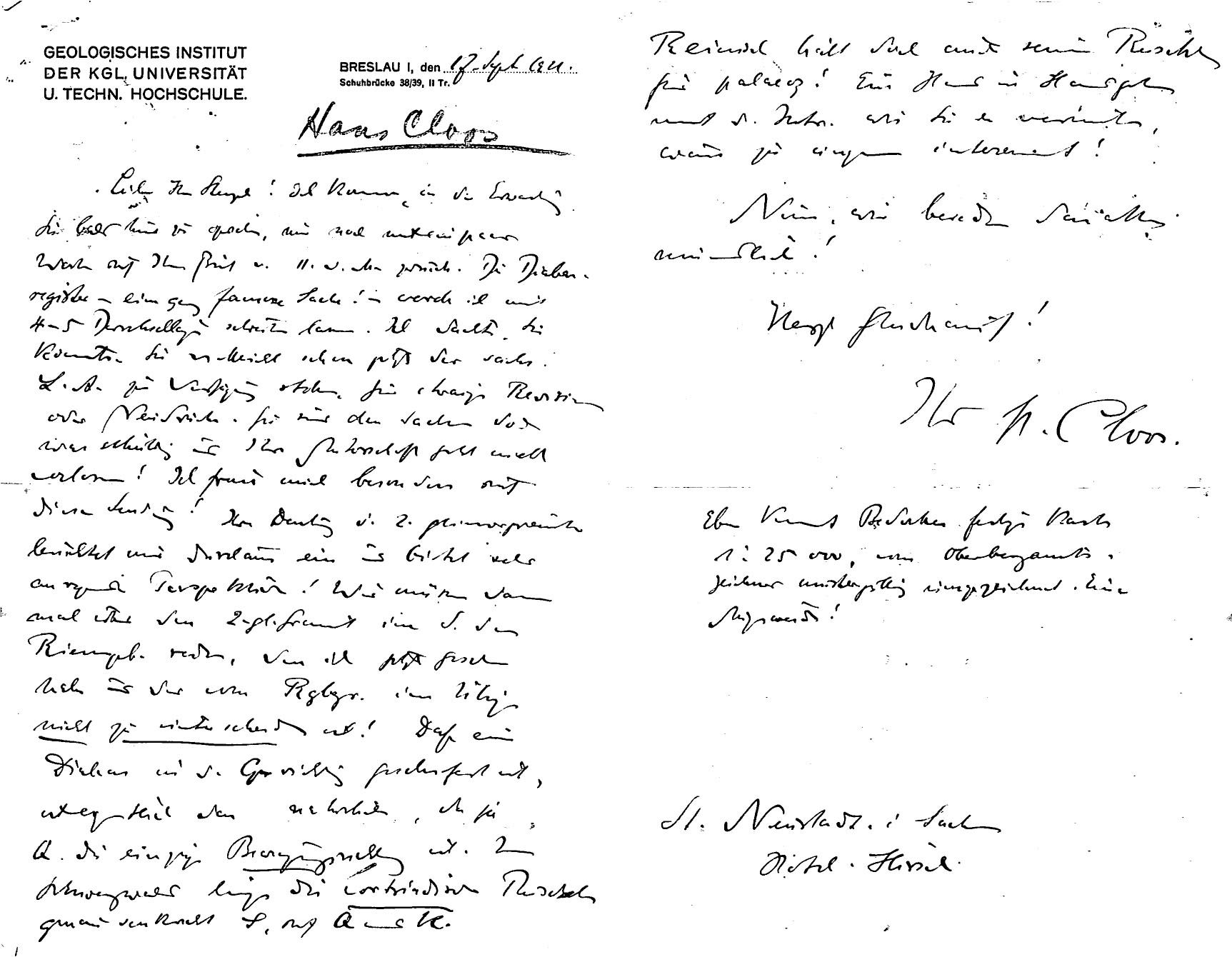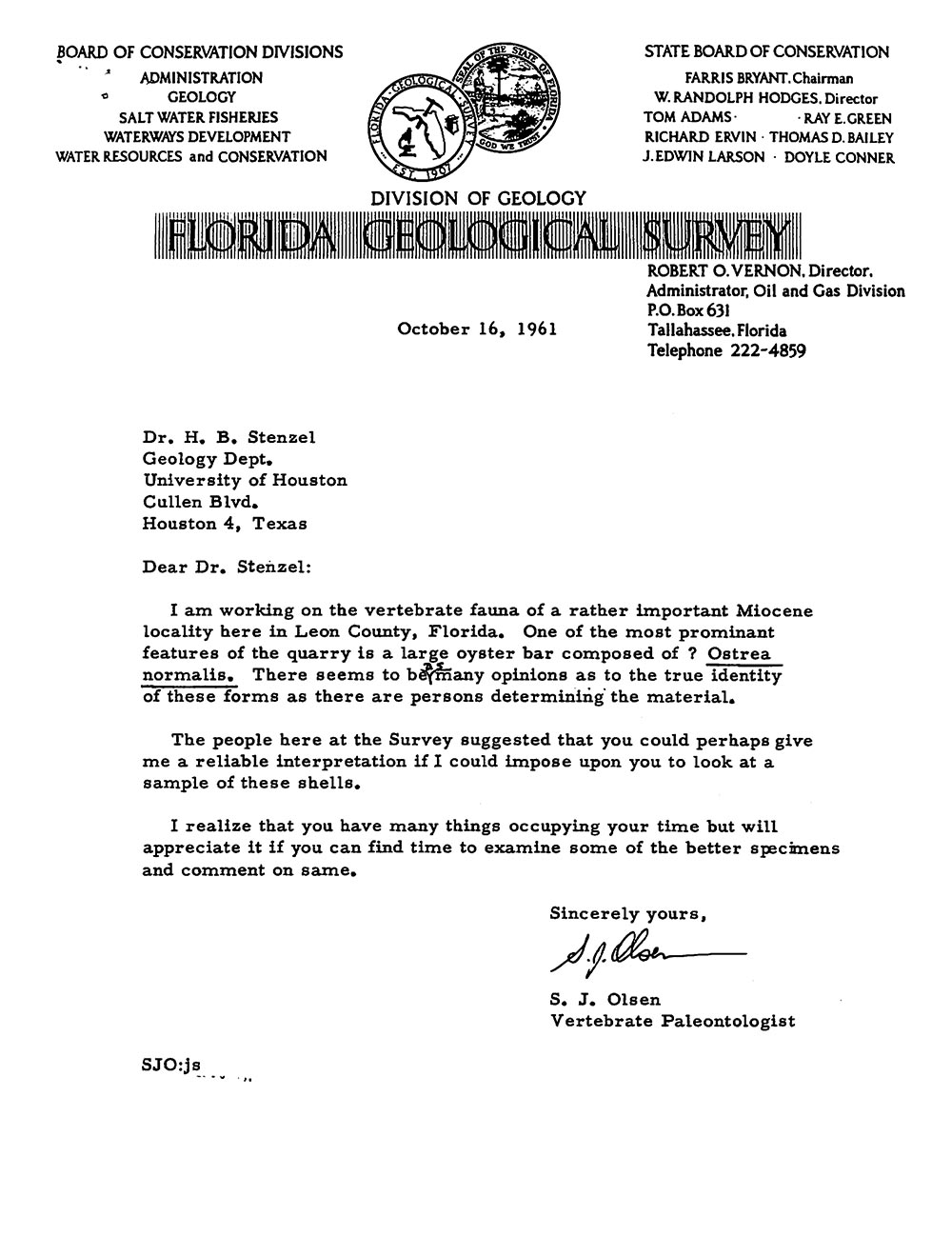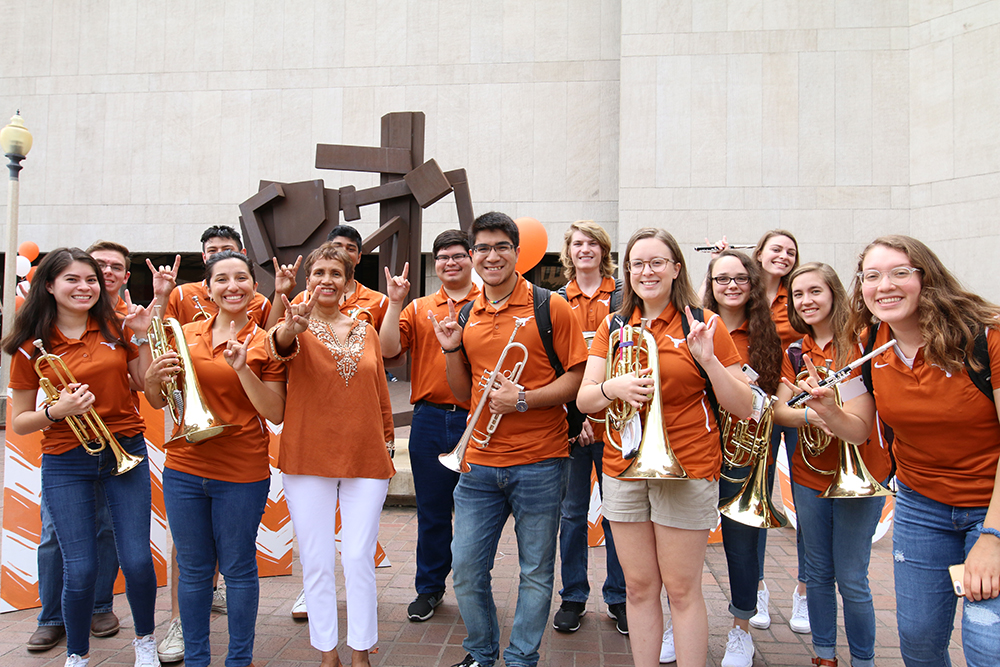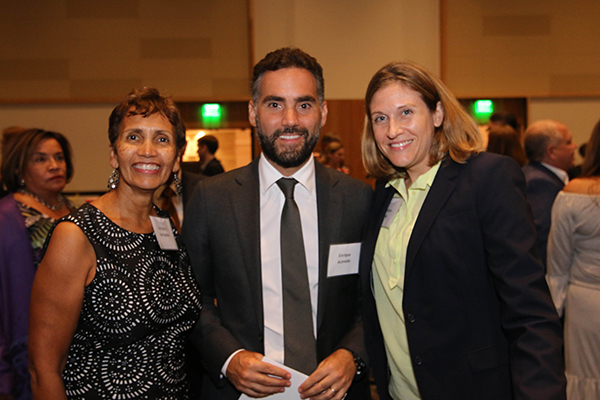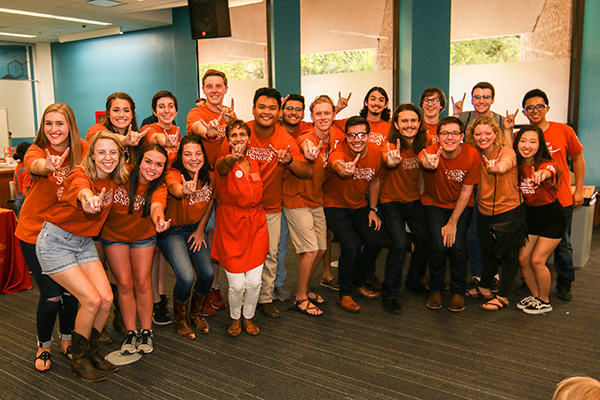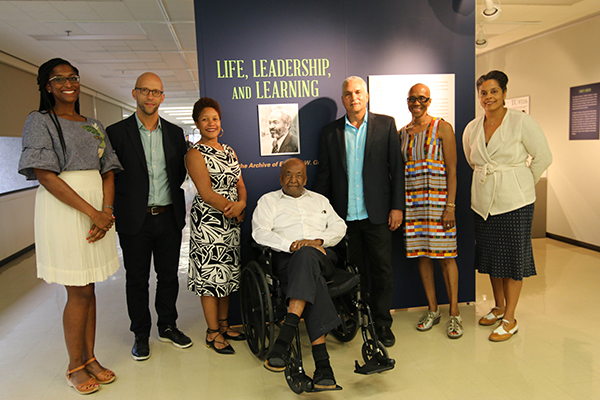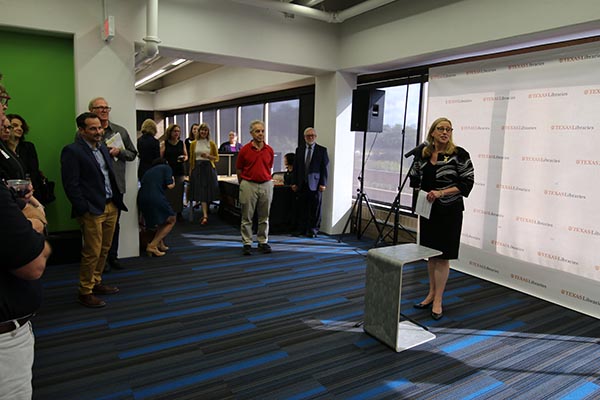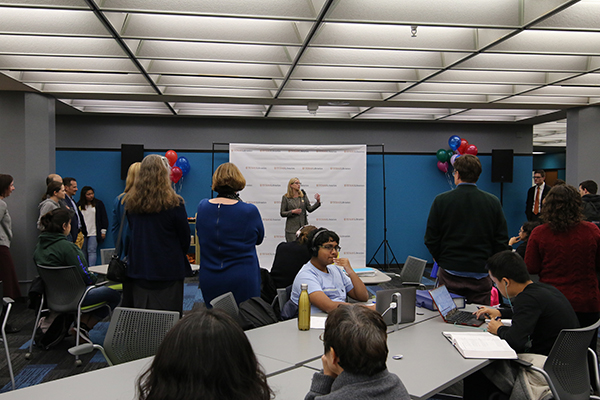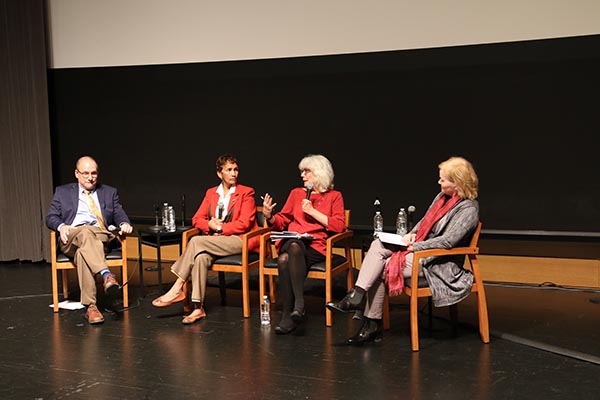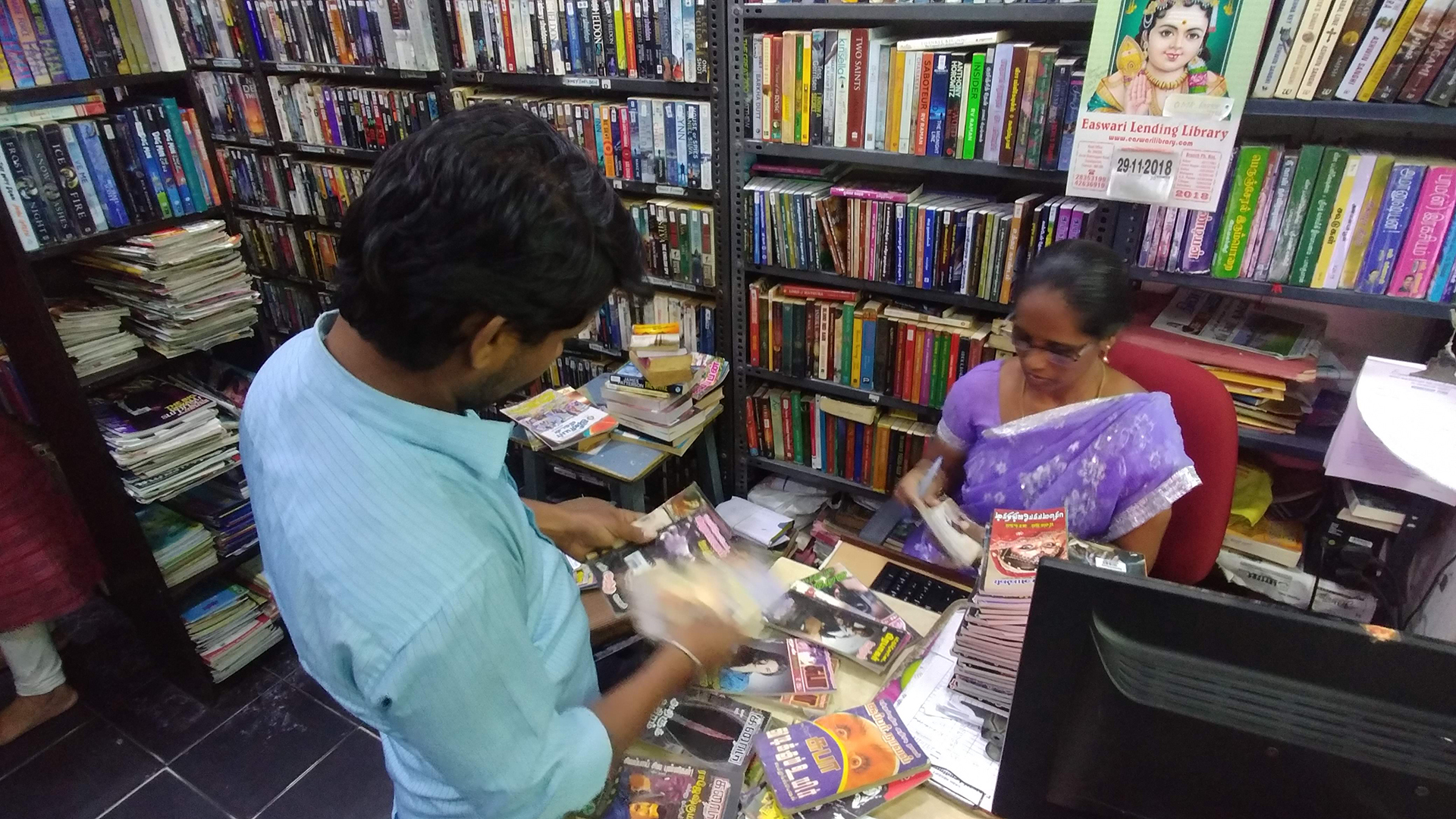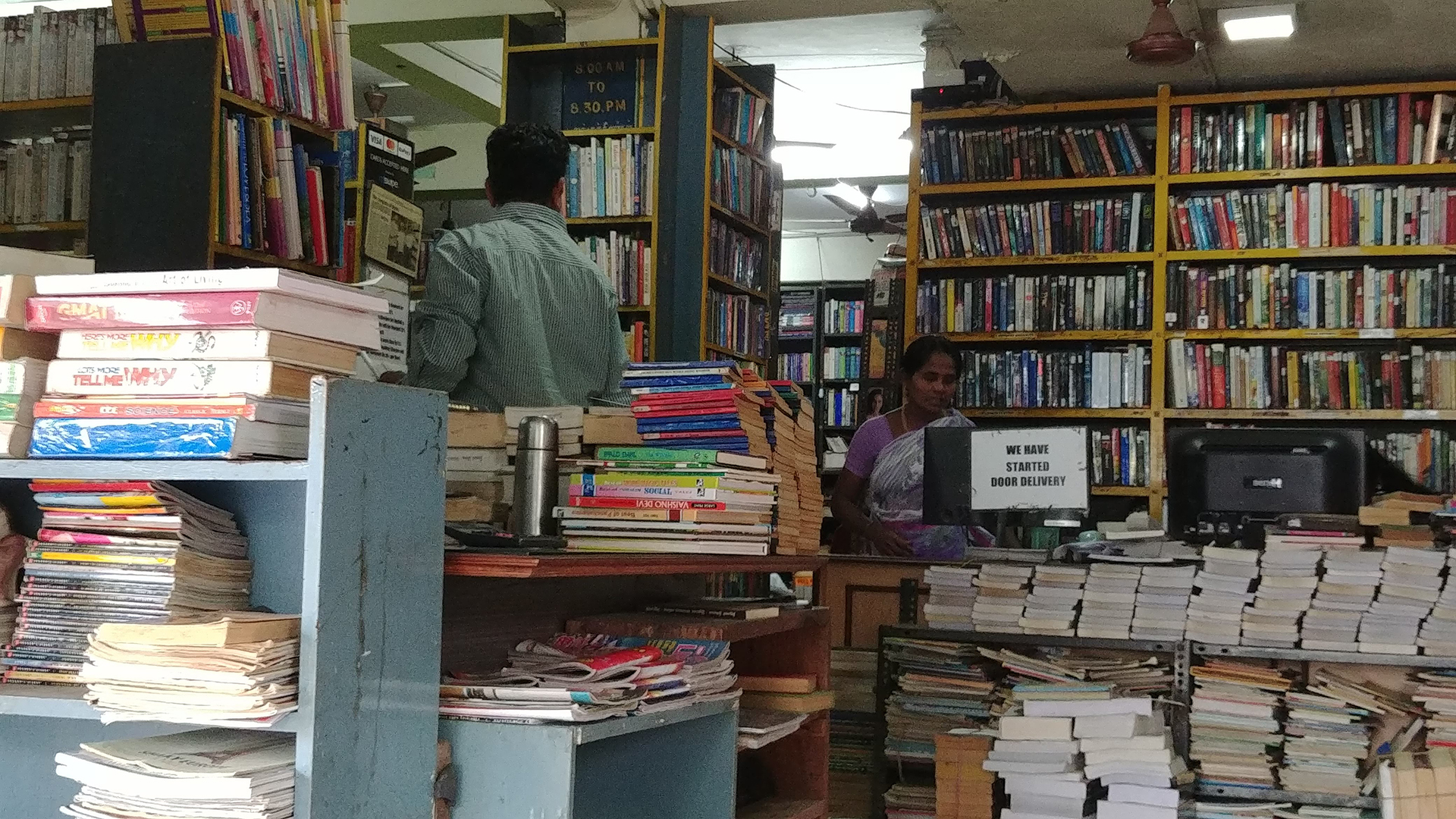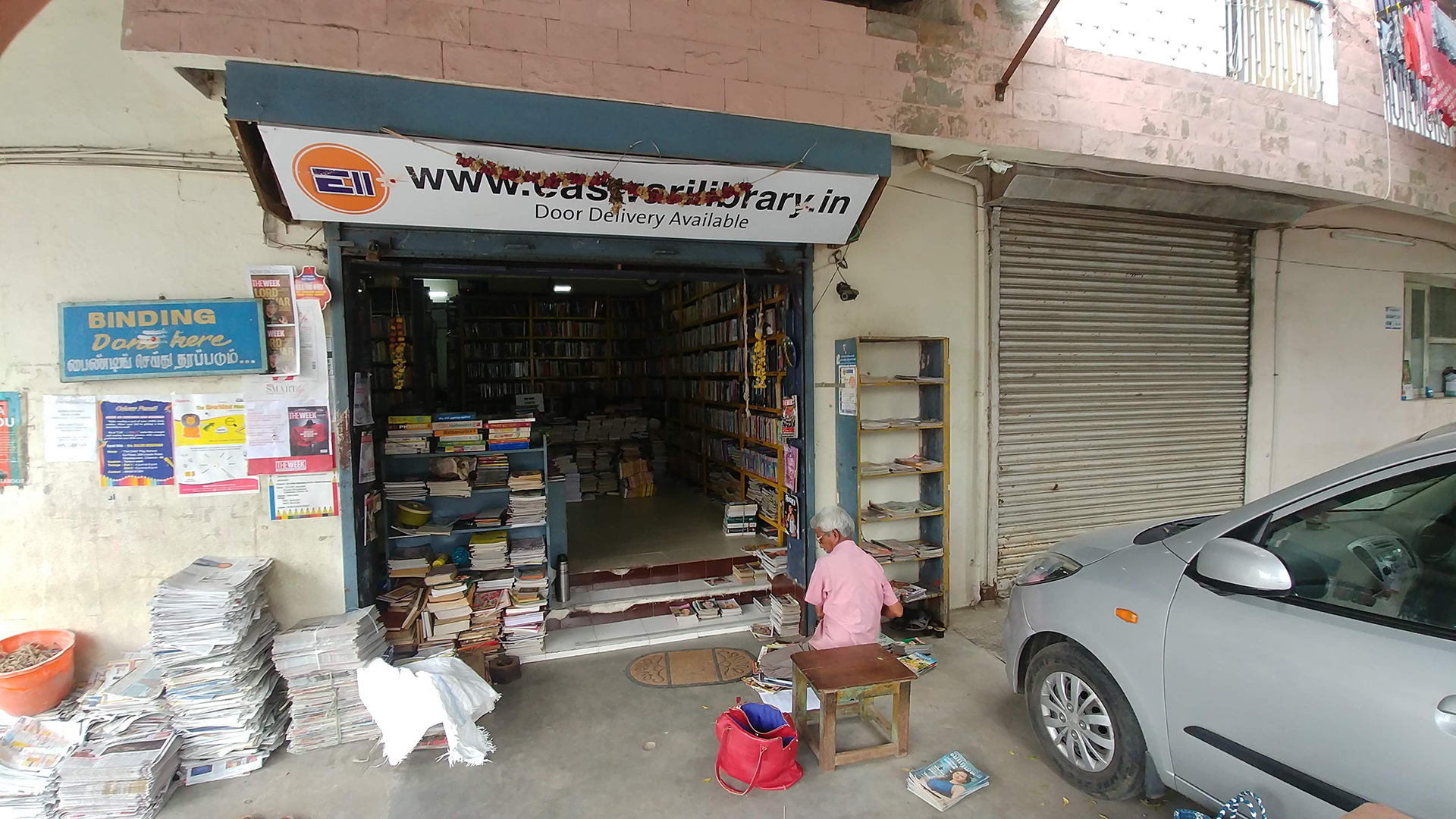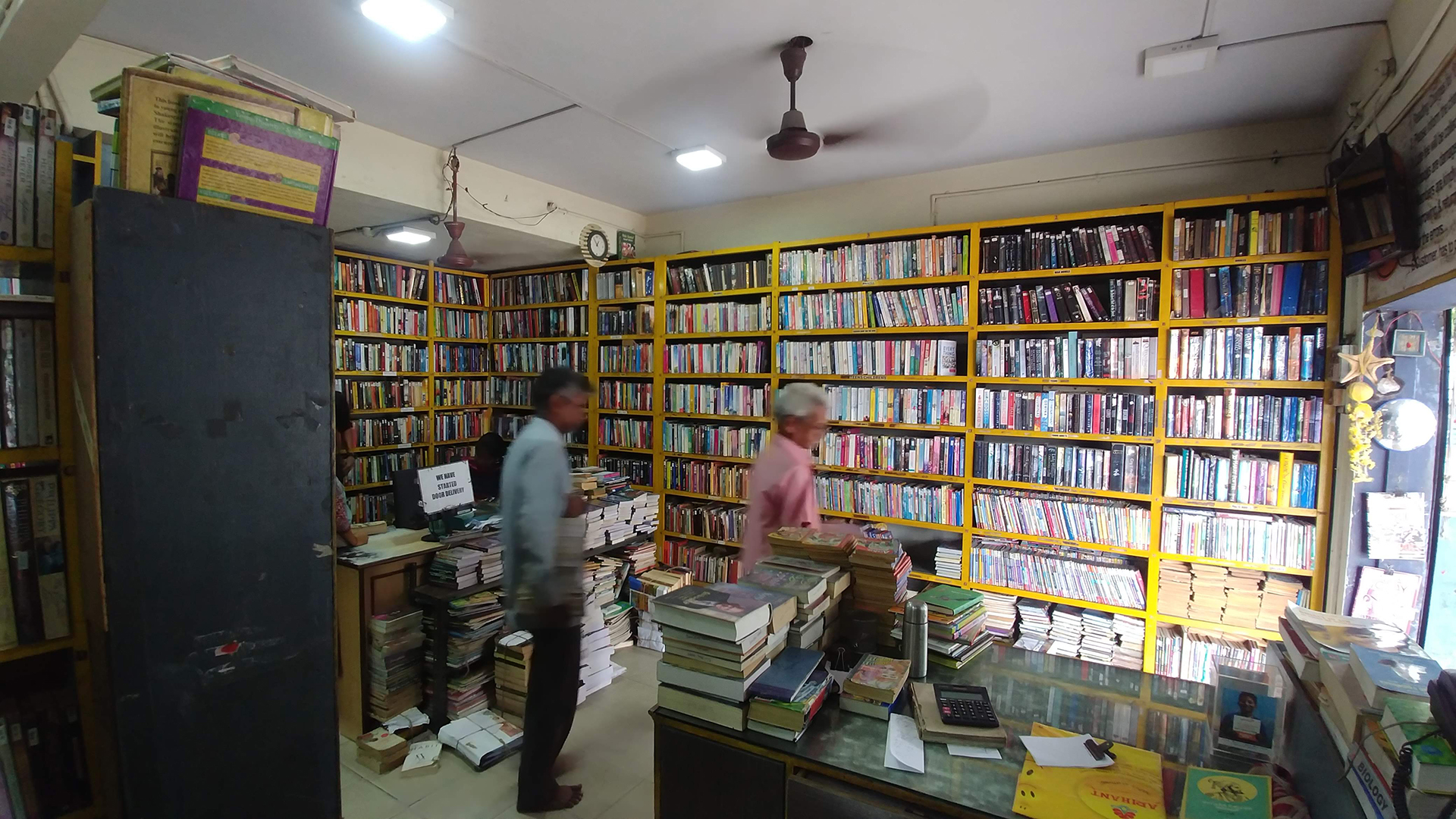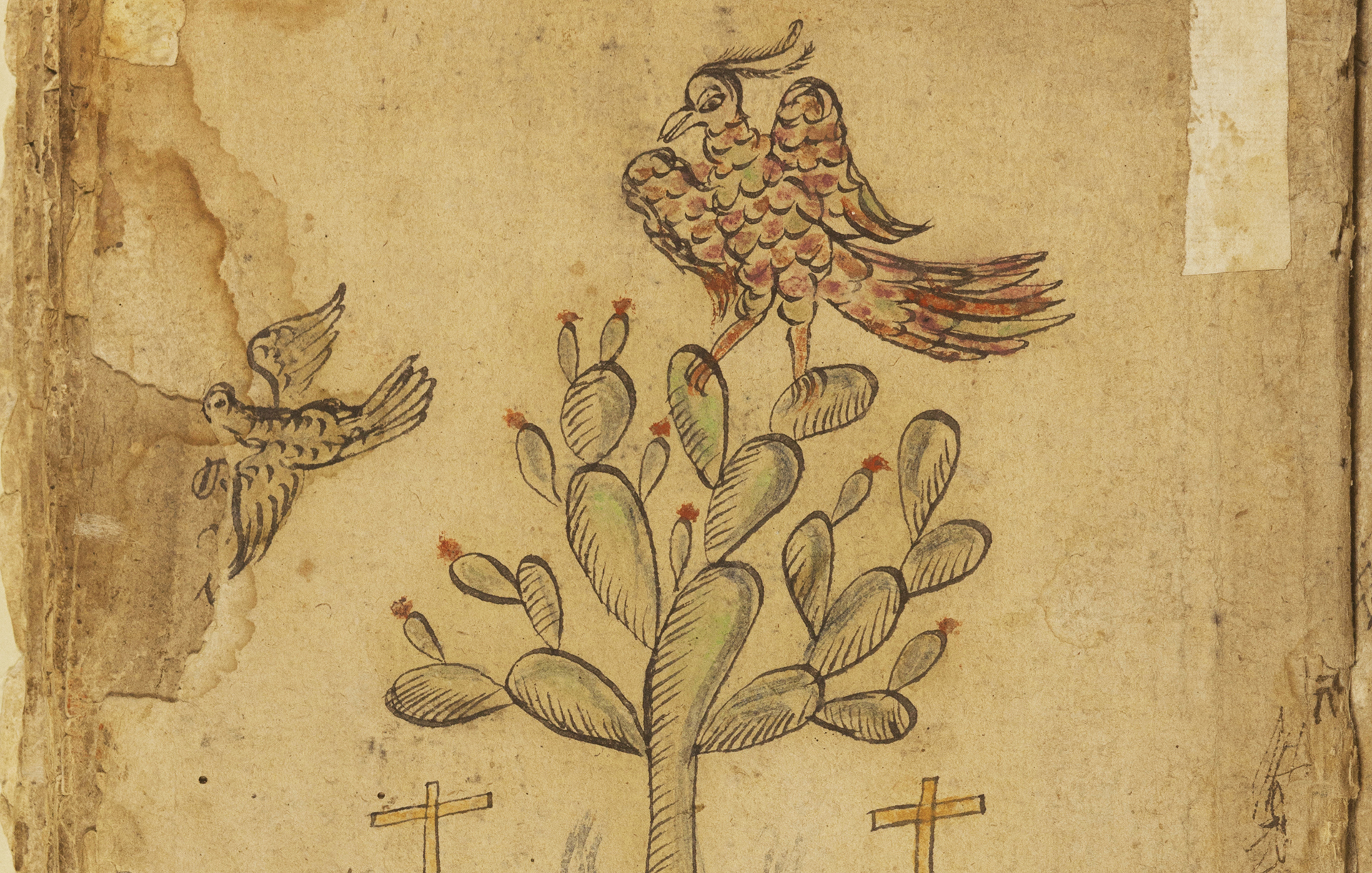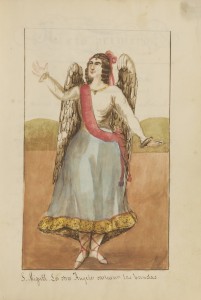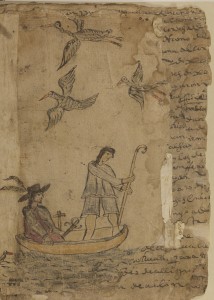The Marine Science Library Holiday Party and Arts & Crafts Showcase represented a joyous return to the recently restored Marine Science Library (MSL) at UT Austin’s Marine Science Institute (MSI) in Port Aransas, Texas. On Friday, December 7, 2018, over 75 people gathered at the Marine Science Library (MSL) for an end-of-year celebration. Guests included graduate students, faculty, staff, their families, MSI retirees, and local community partners from the City of Port Aransas Chamber of Commerce, Texas A&M Corpus Christi and more.
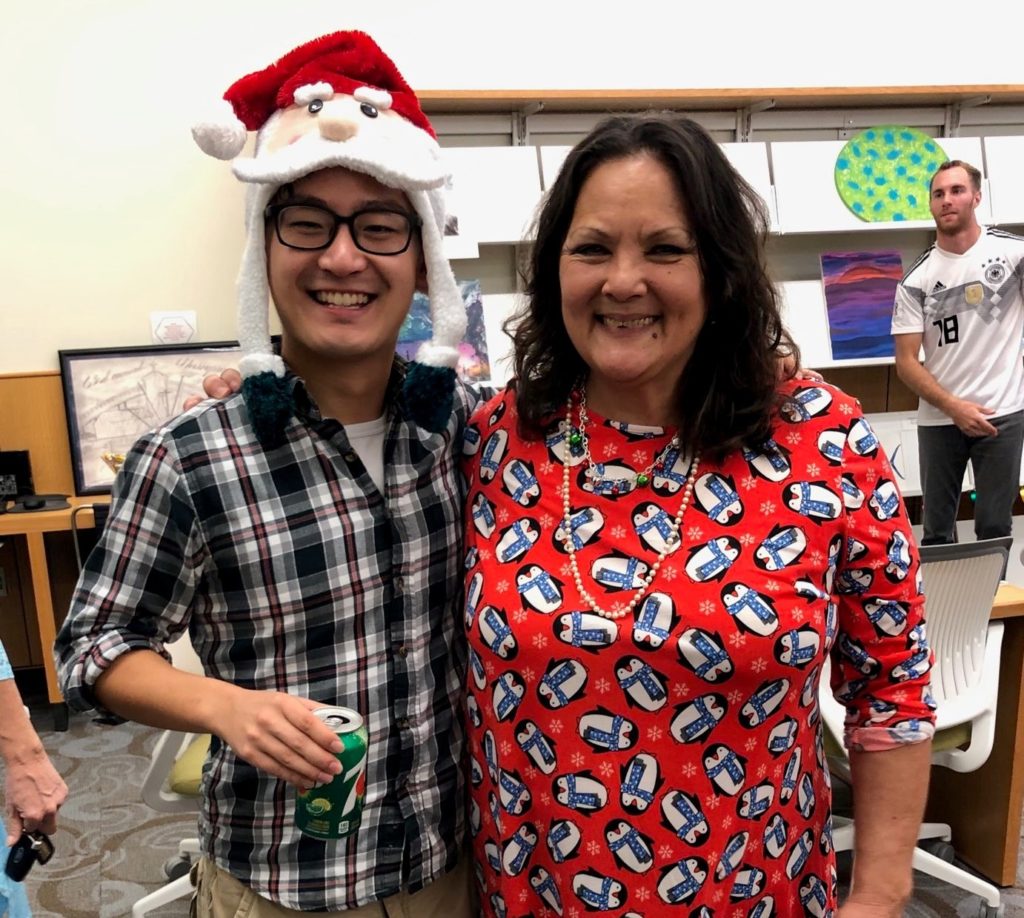
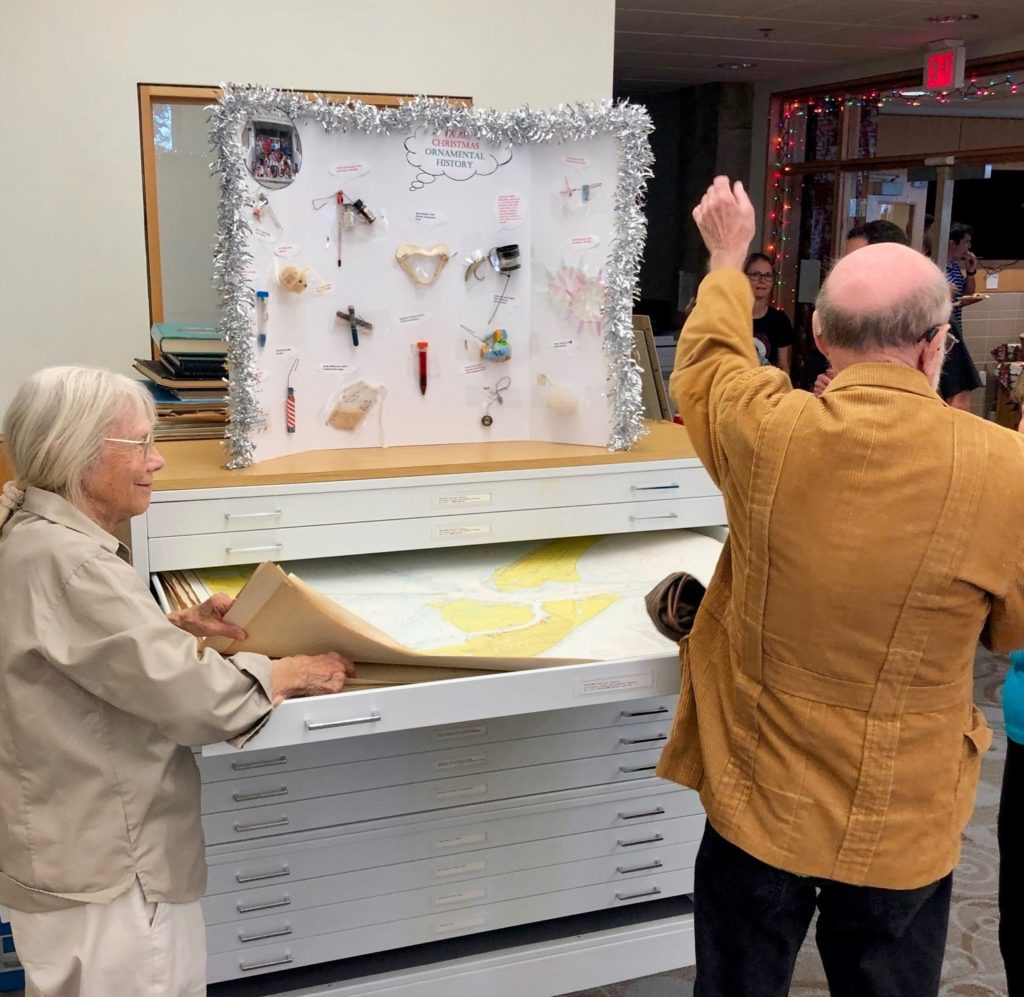
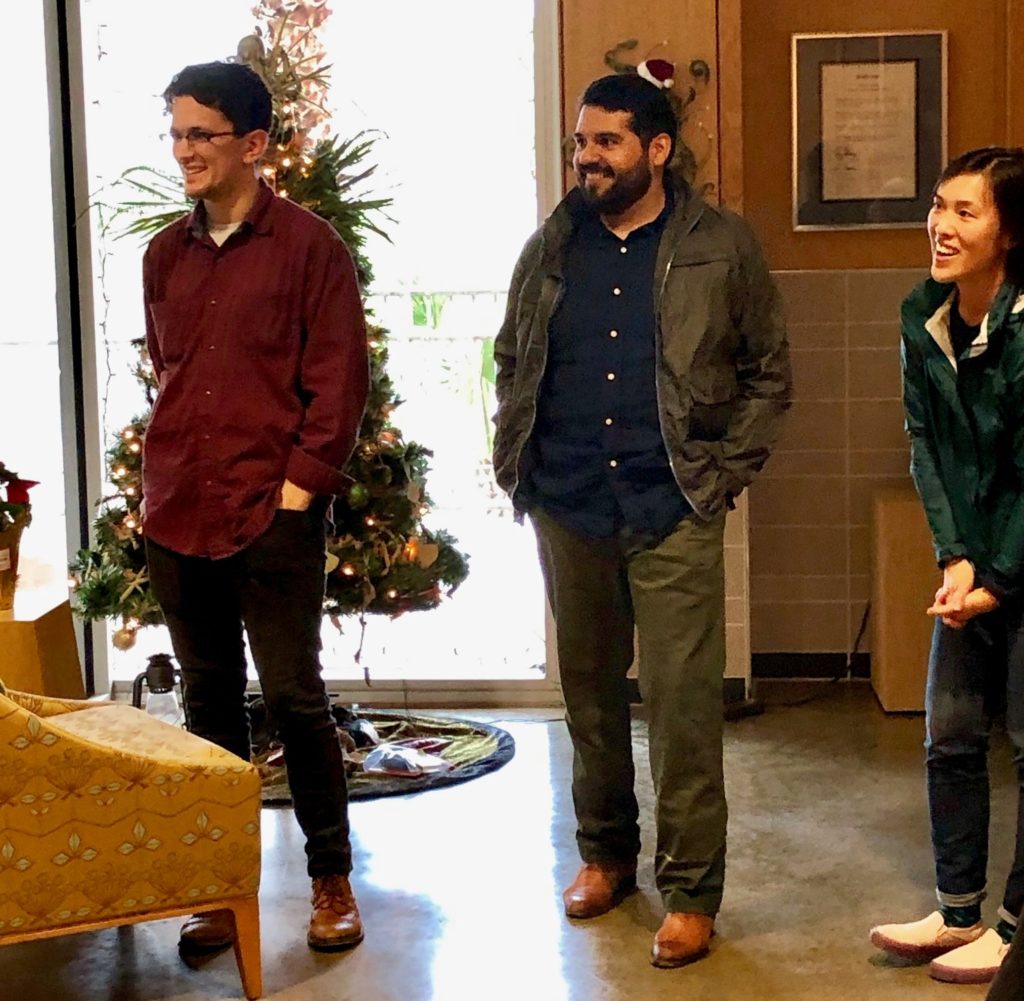
“Ever since moving into this library space in 2011, our library has hosted this event as a way to build community at the institute and to promote the Marine Science Library as a central gathering and learning space for the campus,” says DeHart. “We’ve carried the tradition throughout, except last year because of Hurricane Harvey.”
When Hurricane Harvey swept through Port Aransas in August 2017, the island took a major hit and the Marine Science Institute suffered damages that the campus continues to recover from. With resilience, MSI is on the path to restoration, and the Marine Science Library is among the first spaces to fully reopen since the devastation.
(Photos below from July 2018 during the library’s reconstruction.)
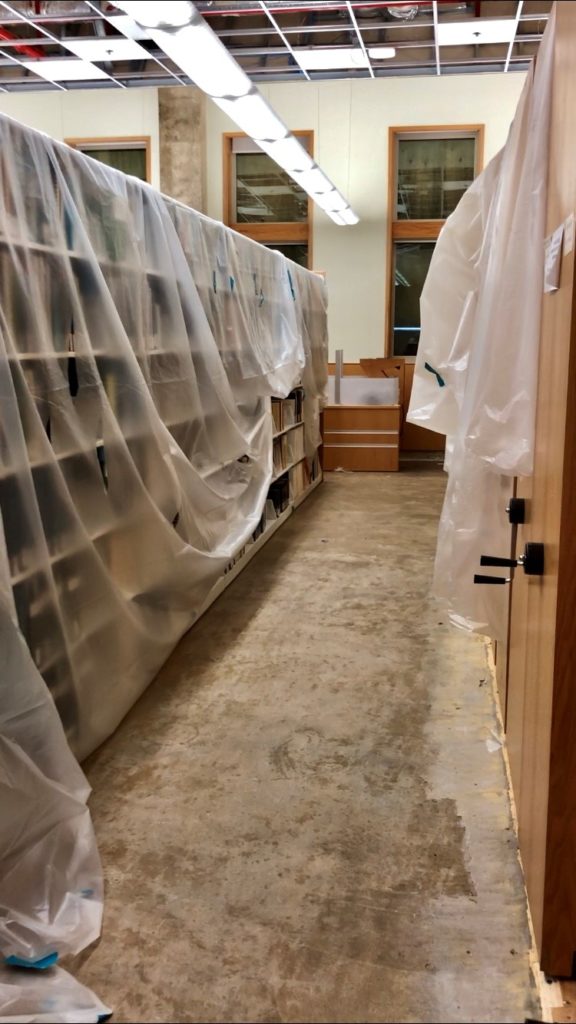
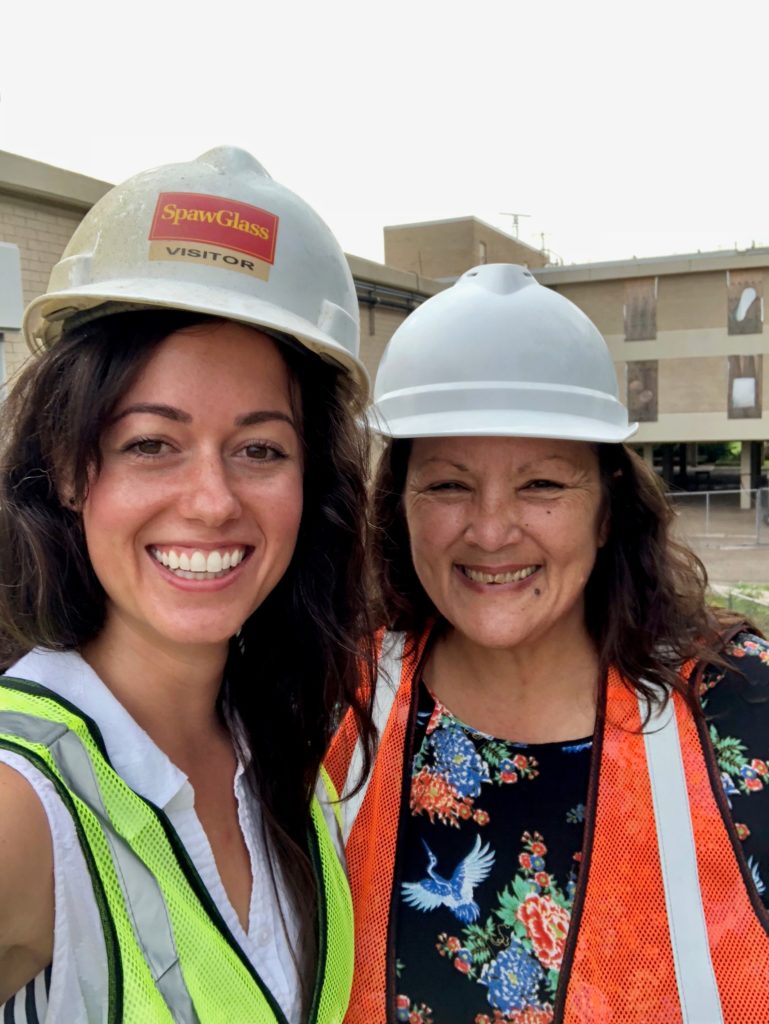
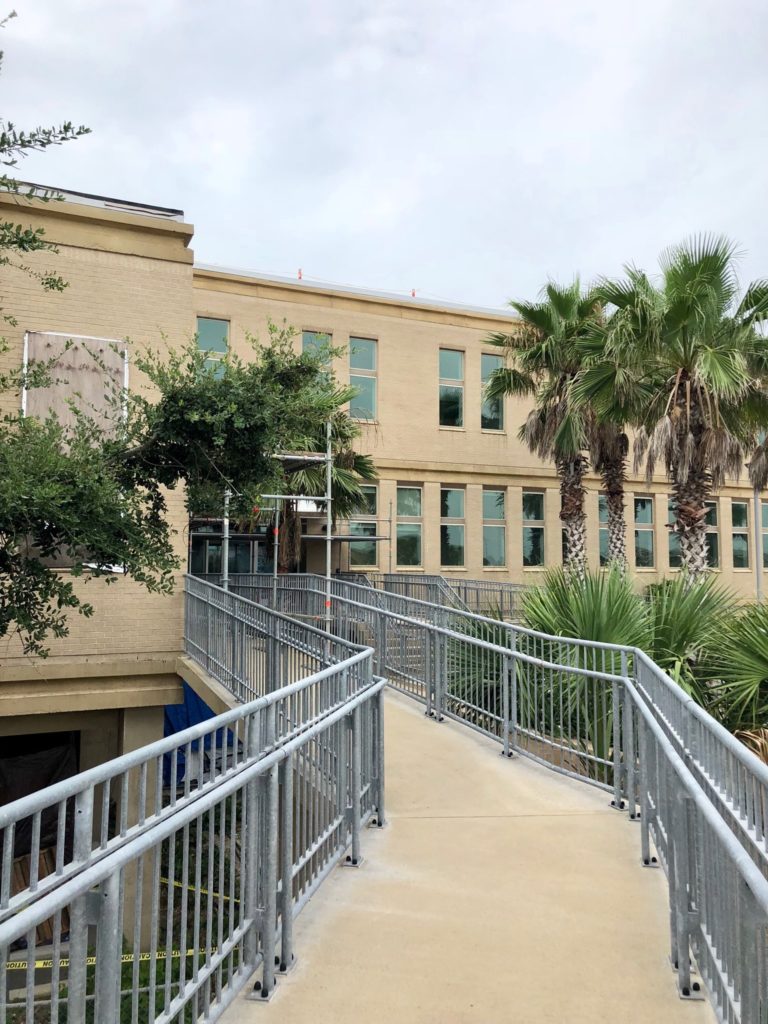
Sally Palmer, MSI Communications Coordinator dons beachy holiday attire next to the recycled art table. Cammie Hyatt, MSI Research Scientist, matches the decor.
“This is a celebration for us all—a homecoming. A celebration of being able to be together again as a Marine Science Institute family and as friends in the library where we’re used to the tradition of the holiday party,” says DeHart.
In recent years, the holiday party has included an arts & crafts showcase. Members of the the institute are invited to share their creative work in the library venue.
“Providing this platform for MSI students, faculty and staff to share their creative projects has been a great way for us all to know the artistic skills and talent that people have across campus,” says DeHart. “It’s built relationships.”
For faculty and students the Marine Science Library is a place of serious research, and efforts by Liz DeHart and her counterpart Margaret “Marge” Larsen have solidified the library as a gathering center for the institute.
“We make efforts to know everyone here,” says DeHart. “This library is intended to provide a welcoming atmosphere for our community. It’s a matter of comradery. Good things happen when people get out of their offices and get talking.”
In addition to the holiday party, there’s more to look forward to at the Marine Science Library in 2019!
In collaboration with the UT Marine Science Institute, and the SAIL IAMSLIC Regional Group, the MSL will co-host the International Association of Aquatic and Marine Science Libraries and Information Centers (IAMSLIC) Conference. UT Libraries is proud to partner in supporting the 2019 conference, which will be the 45th annual edition following the 2018 conference in Entebbe, Uganda. This conference gathers an international organization of individuals and institutions involved with aquatic science information. Learn more about IAMSLIC here.
The University of Texas at Austin Marine Science Institute is the oldest and most significant marine research facility on the Texas coast. “We are changing our understanding of the world’s oceans and coasts and educating a global population dependent on the ocean ecosystem.” What began humbly in 1941 as a small, rough-lumber shack on the shores of the Gulf of Mexico in Port Aransas is now home to cutting-edge research, education, and outreach programs.

